RUFUS NORRIS has announced he will be stepping down in spring 2025 as artistic director and chief executive of the National, “arguably the most influential theatre in the world”.
The search for his successor has started with no reason to think that an Asian, possibly an Asian woman, won’t apply for the job.
In February 2021, when the National Theatre won Eastern Eye’s Arts Culture and Theatre Awards in the community engagement category for its commitment to diversity, it was Norris who collected the prize.
At a news conference last Thursday (15), he said: “I’m confirming that I will be stepping down as (artistic) director and chief executive of the National Theatre in spring 2025. This is when my current NT contract comes to an end. It’s absolutely the natural point and I would have been in post for 10 years.” He added: “Recruitment will begin imminently and the board intend to have appointed my successor or successors by the end of this year or at the latest early into the next. It is a long process, inevitably, because of the scale and complexity of the organisation. It’s also imperative that the search is wide and inclusive.”
He said he had been reflecting on the “lively” eight years he had been in charge. The National had weathered “Brexit, Covid, five prime ministers, 10 culture secretaries, the Black Lives Matter movement, the rise of social media, the culture recovery fund, a very welcome rise in philanthropy and post pandemic audience patterns which we’re still getting our heads around.”
He added: “After what has undoubtedly been the most challenging time in our history since I became director in 2015, a profound intent has shaped the work we make and stage alongside how we engage with audiences and communities. And as a result, the National is today a very, very different place with a very different impact. The defining aspect has been
an increased commitment to new writing and nurturing talent through our new work department.
“Just to give you a little snapshot of that, from the beginning of this year until this time next year, 19 of the 21 productions on the South Bank will have or will have had the writer in the room.” Norris also spoke about the need for greater diversity: “Another area of focus, of course, has been moving the dial on the key area of historic under representation and, through the work, what we’ve done to address this. We have indisputably demonstrated the value of representation in the quality and resonance of our work.
“Aside from the straightforward celebration of Britain, now a plurality and diversity of voices have enriched art the world over. And it has been hugely important that we play our own part in that.
“Of course, it’s also impacted on the breadth of our audiences in London, around the UK, and globally in its simplest terms. Breadth of influence makes the art better. And that’s what we’re here for. “Looking back, I’m also very pleased and relieved that this is matched by the fact in the five years before Covid, we consistently reached the highest audience figures in the history of the National. And, this year, finally, we are back to that strength.”
Among “fantastic work” done at the National, he cited The Ocean at the End of the Lane, Blues for an Alabama Sky, The Crucible, The Lehman Trilogy and Small Island.
He said: “And while I would never claim or pretend that it’s all been risk free, with the increased amount of new plays we have strengthened the National Theatre’s position as the most prolific and arguably most influential theatre in the world.”
Asked for his own plans, he replied: “Well, the immediate future involves about 20 productions, all of which are going to have my absolute focus.”
Asked further about whether the National would be continue to respond to such developments as Black Lives Matter, the “war on woke”, the attacks on the National Trust and race relations in general, Norris said: “We’re the National Theatre, it’s up to us to reflect the national conversation.”
He referred to the play, Dear England: “It’s a play about football. On one level, it’s not a play about football at all. It’s looking at English masculinity. And that is a really, really current part of the contemporary conversation at the moment. I don’t need to talk about the relevance of Grenfell (another play in the pipeline). It’s beholden on all the major arts institutions to talk about the key issues of the time.






 Lunchbox is a powerful one-woman show that tackles themes of identity, race, bullying and belongingInstagram/ lubnakerr
Lunchbox is a powerful one-woman show that tackles themes of identity, race, bullying and belongingInstagram/ lubnakerr She says, ''do not assume you know what is going on in people’s lives behind closed doors''Instagram/ lubnakerr
She says, ''do not assume you know what is going on in people’s lives behind closed doors''Instagram/ lubnakerr








 He says "immigrants are the lifeblood of this country"Instagram/ itsmetawseef
He says "immigrants are the lifeblood of this country"Instagram/ itsmetawseef This book is, in a way, a love letter to how they raised meInstagram/ itsmetawseef
This book is, in a way, a love letter to how they raised meInstagram/ itsmetawseef
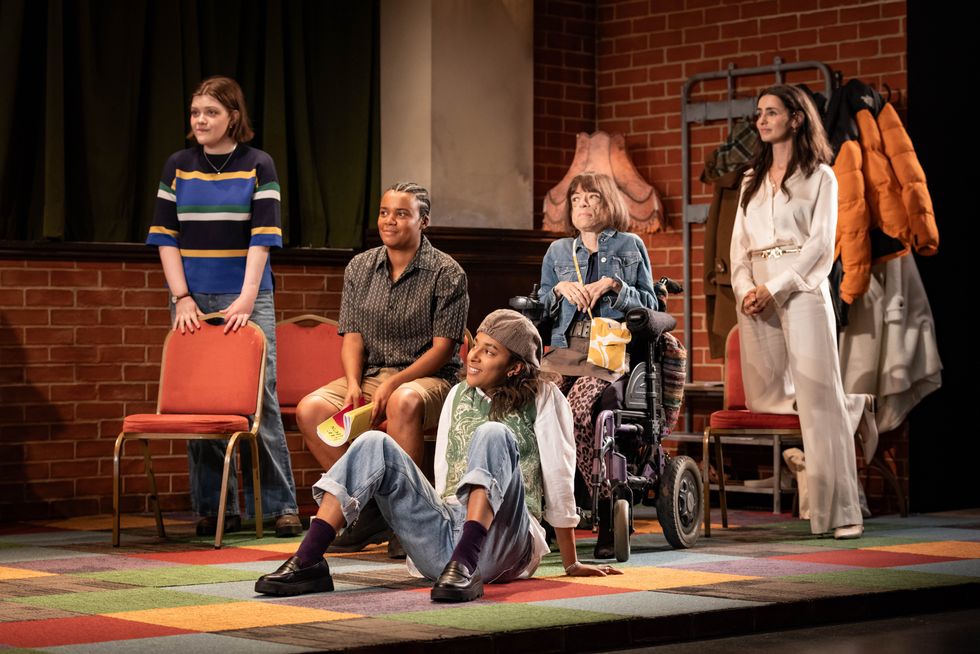 The crew of The Ministry of Lesbian Affairs
The crew of The Ministry of Lesbian Affairs
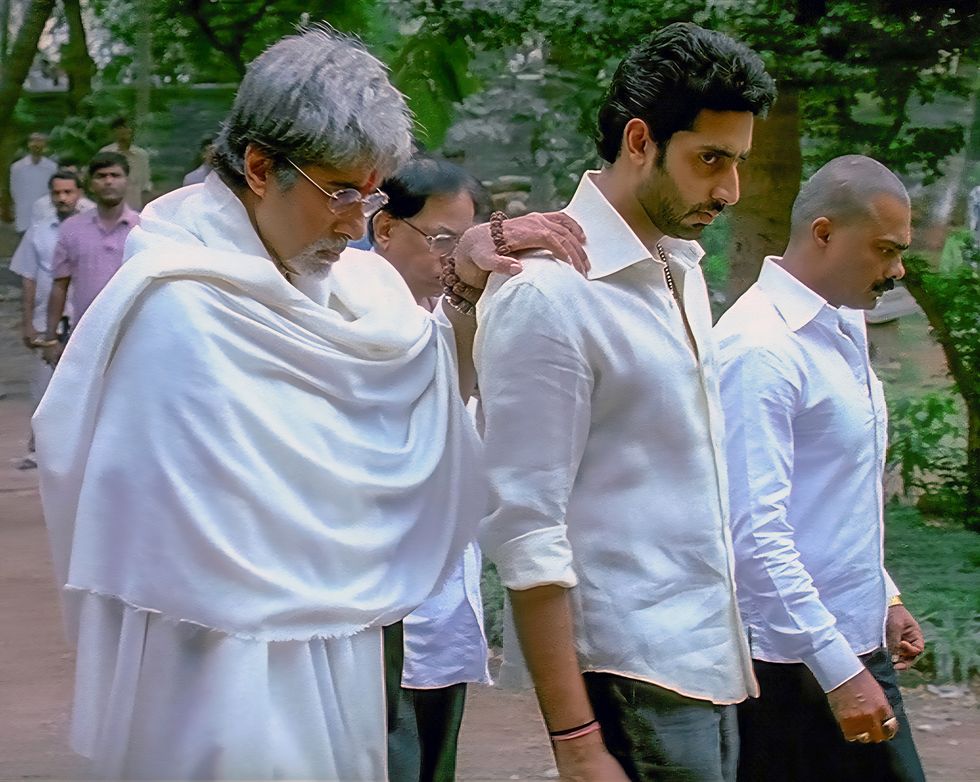 A still from Sarkar, inspired by 'The Godfather' and rooted in Indian politicsIndia Glitz
A still from Sarkar, inspired by 'The Godfather' and rooted in Indian politicsIndia Glitz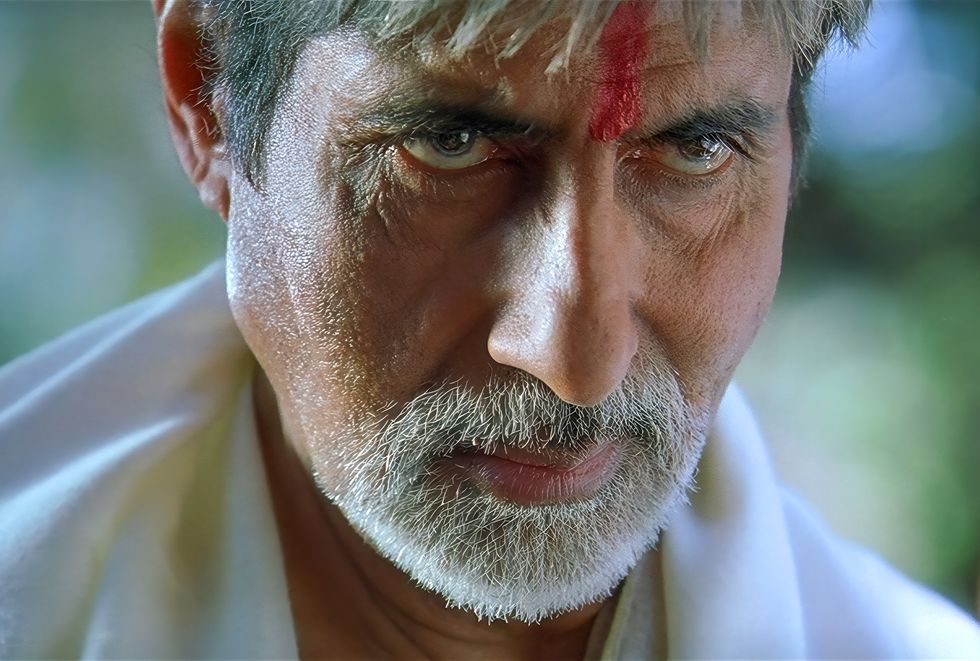 Sarkar became a landmark gangster film in Indian cinemaIndia Glitz
Sarkar became a landmark gangster film in Indian cinemaIndia Glitz The film introduced a uniquely Indian take on the mafia genreRotten Tomatoes
The film introduced a uniquely Indian take on the mafia genreRotten Tomatoes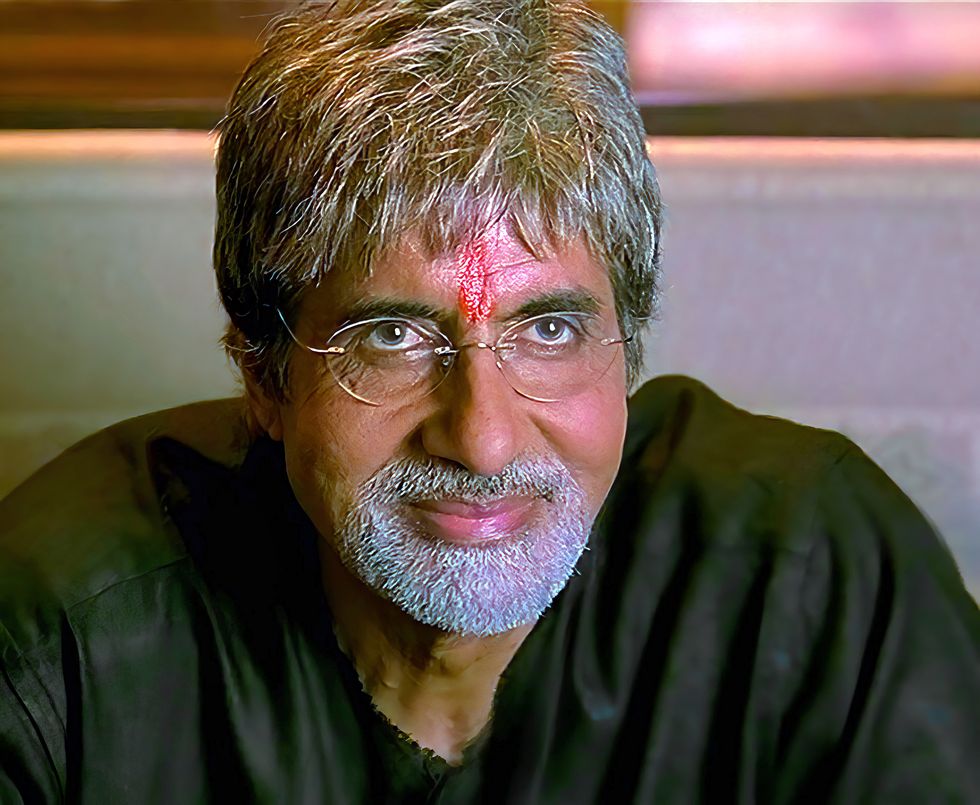 Set in Mumbai, Sarkar portrayed the dark world of parallel justiceRotten Tomatoes
Set in Mumbai, Sarkar portrayed the dark world of parallel justiceRotten Tomatoes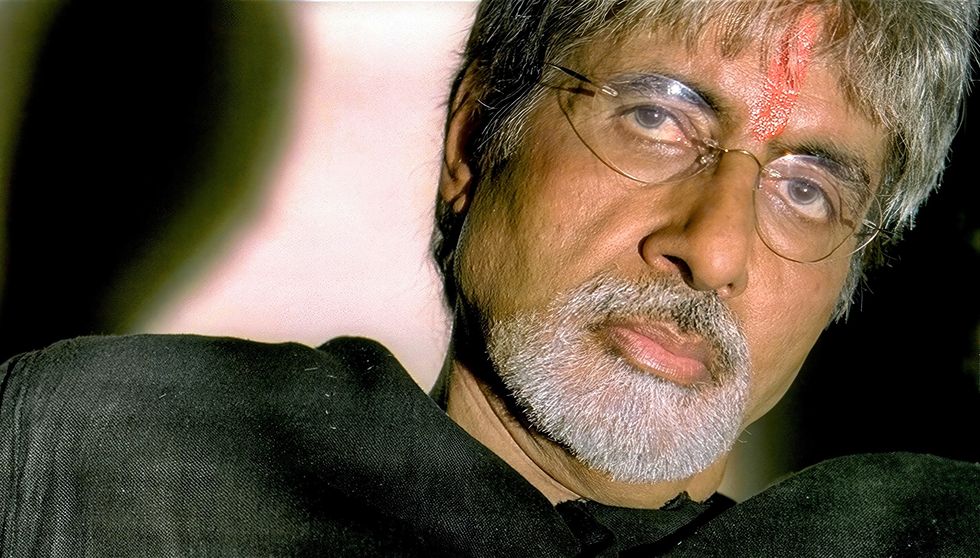 Ram Gopal Varma’s Sarkar marked 20 years of influence and acclaimIMDb
Ram Gopal Varma’s Sarkar marked 20 years of influence and acclaimIMDb
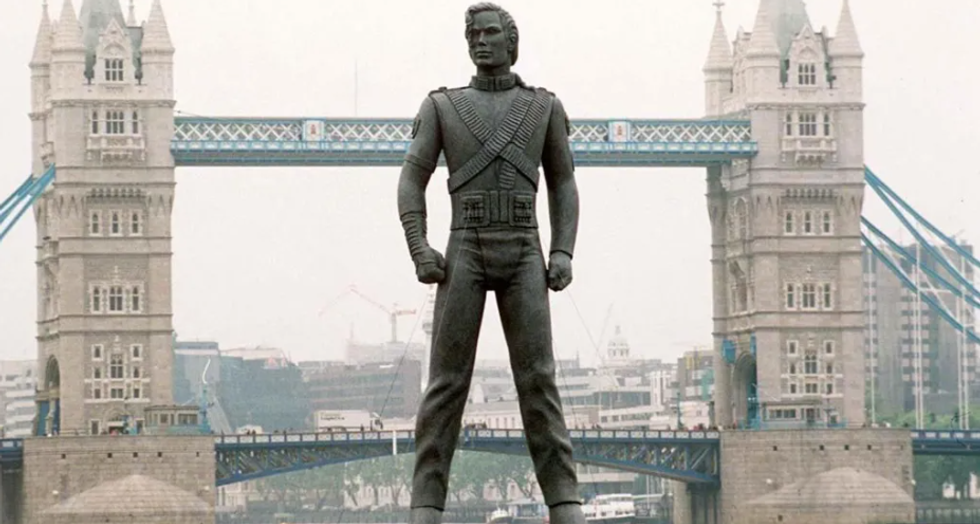 The statues were the product of a transatlantic effortGetty Iamges
The statues were the product of a transatlantic effortGetty Iamges